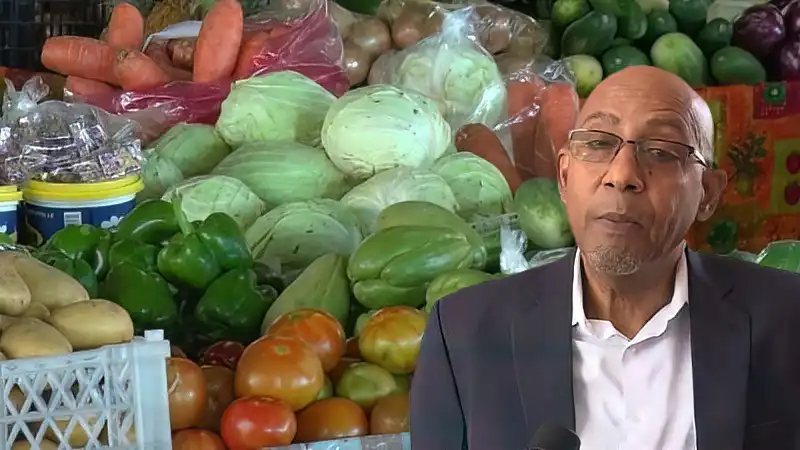National Reset: Ambitious $700 Million Investment in Agriculture Sector

In the budget address, the Minister of Finance outlined an ambitious plan for a “National Reset” of the agriculture sector in Dominica, with the ultimate goal of making it the leading contributor to economic growth, contributing at least $700 million to the country’s GDP by 2030. This objective is fully aligned with the OECS Food and Agriculture Systems Transformation (FAST) Strategy, which aims to reduce the food import bill by 25 percent by 2025.
Currently, agriculture contributes $274 million to Dominica’s GDP and is a major player in the OECS’s food security. However, to achieve the desired $700 million goal, greater efforts are required from all stakeholders, including the government, farmers, fishers, manufacturers, supermarkets, and consumers.
The Agriculture 2030 Plan, focusing on increasing production, enhancing the Nature Island Brand, and boosting agro-processing output, is already in motion. To support production, the Ministry of Agriculture’s budget allocation has increased from $40.5 million in Fiscal Year 2021/2022 to $56.2 million in Fiscal Year 2022/2023.
To achieve self-sufficiency and reduce imports, initiatives include the expansion of strategic crops like White Potatoes, aiming for an 80 percent self-sufficiency rating. An import substitution strategy for various products, such as leafy vegetables, tomatoes, onions, sea moss, pork, chevon, rabbit meat, mutton, poultry, prawns, and tilapia, is also being implemented. The National Abattoir will be rehabilitated and equipped to support the import substitution program for pork and poultry, targeting at least 15 percent of imports from local production by 2025.
The development of a $13.0 million tissue culture laboratory in Portsmouth will ensure the rapid multiplication of high-quality disease-free planting material, enhancing crop expansion and sector resiliency. Additionally, a technical assistance agreement with the Government of the Republic of Cuba will provide support in tree crops and livestock expansion programs at an estimated cost of $800,000.
Upgrades to agricultural centers, infrastructure, and livestock development are also being prioritized, with additional investments of $2.7 million and $1.8 million, respectively. Attention is being given to addressing farm labor scarcity, and $5.8 million is allocated for farm road rehabilitation.
To expand the Nature Island Brand and increase market share locally and internationally, an Agricultural Produce Procurement Facility valued at $5 million has been established with DEXIA, systematically supplying the local market, supermarkets, hotels, and increasing exports.
The government is providing support to agro-processors with operating space and grants, with allocations of $1.0 million each. Furthermore, the $27.8 million concessional loan facility at the AID Bank remains available for farmers and agro-processors, along with small grants and technical support.
While the government mobilizes significant funds and technical support, the success of agriculture ultimately depends on consumers consuming locally produced goods. With a determined government, hardworking farmers, and supportive policies, Dominica aims to achieve its National Reset goal and become a dominant force in the regional agriculture sector.
This article is copyright © 2023 DOM767








